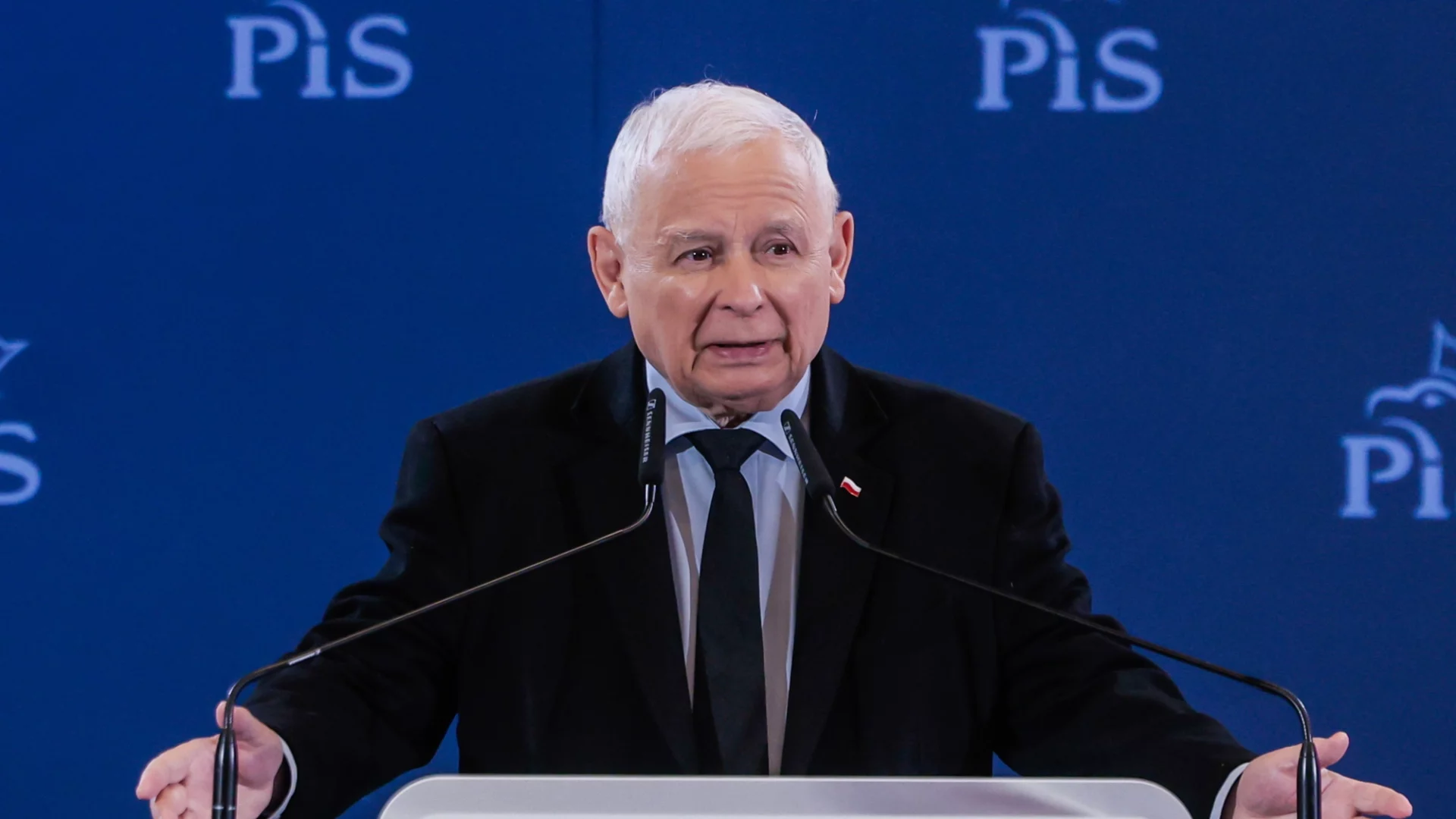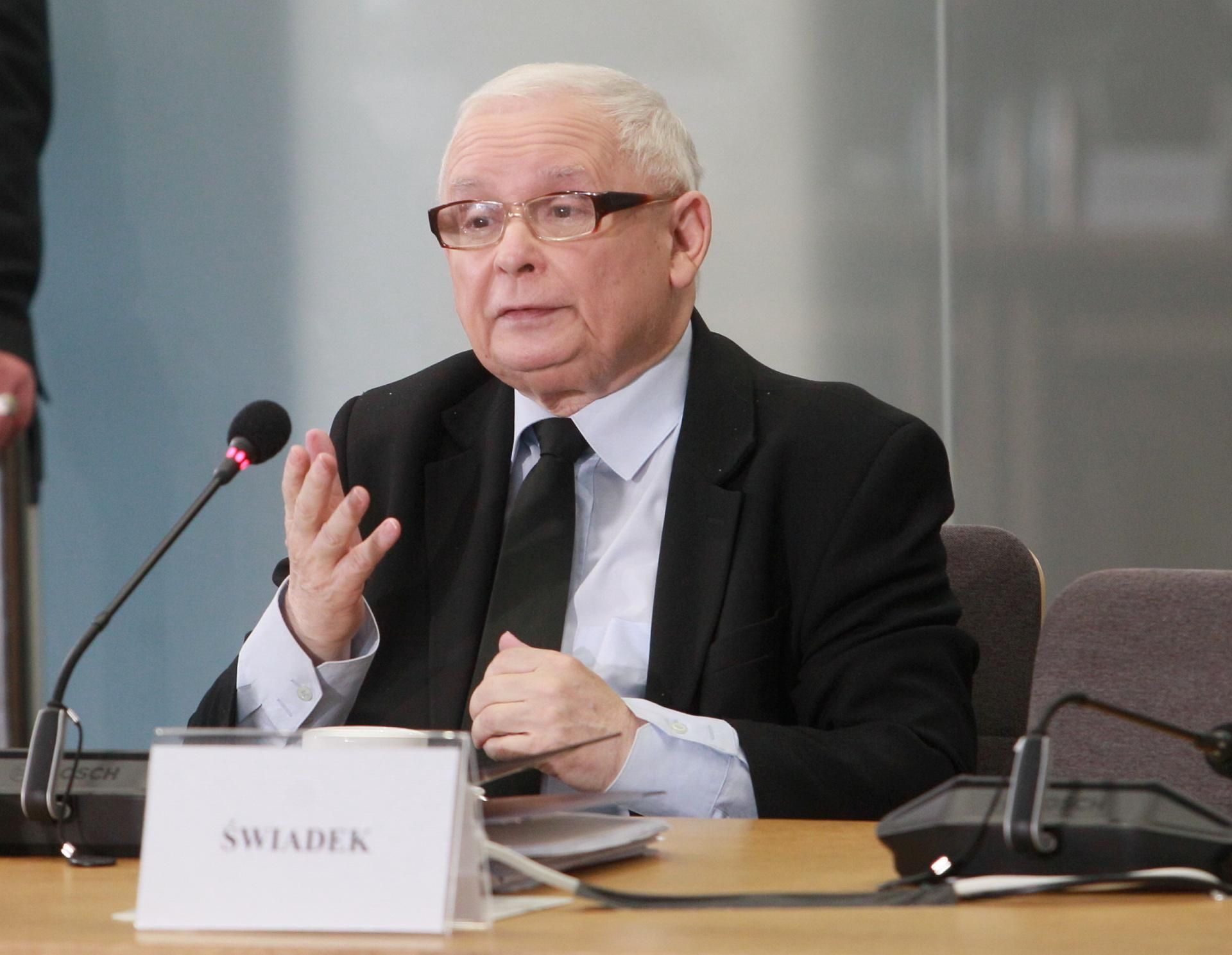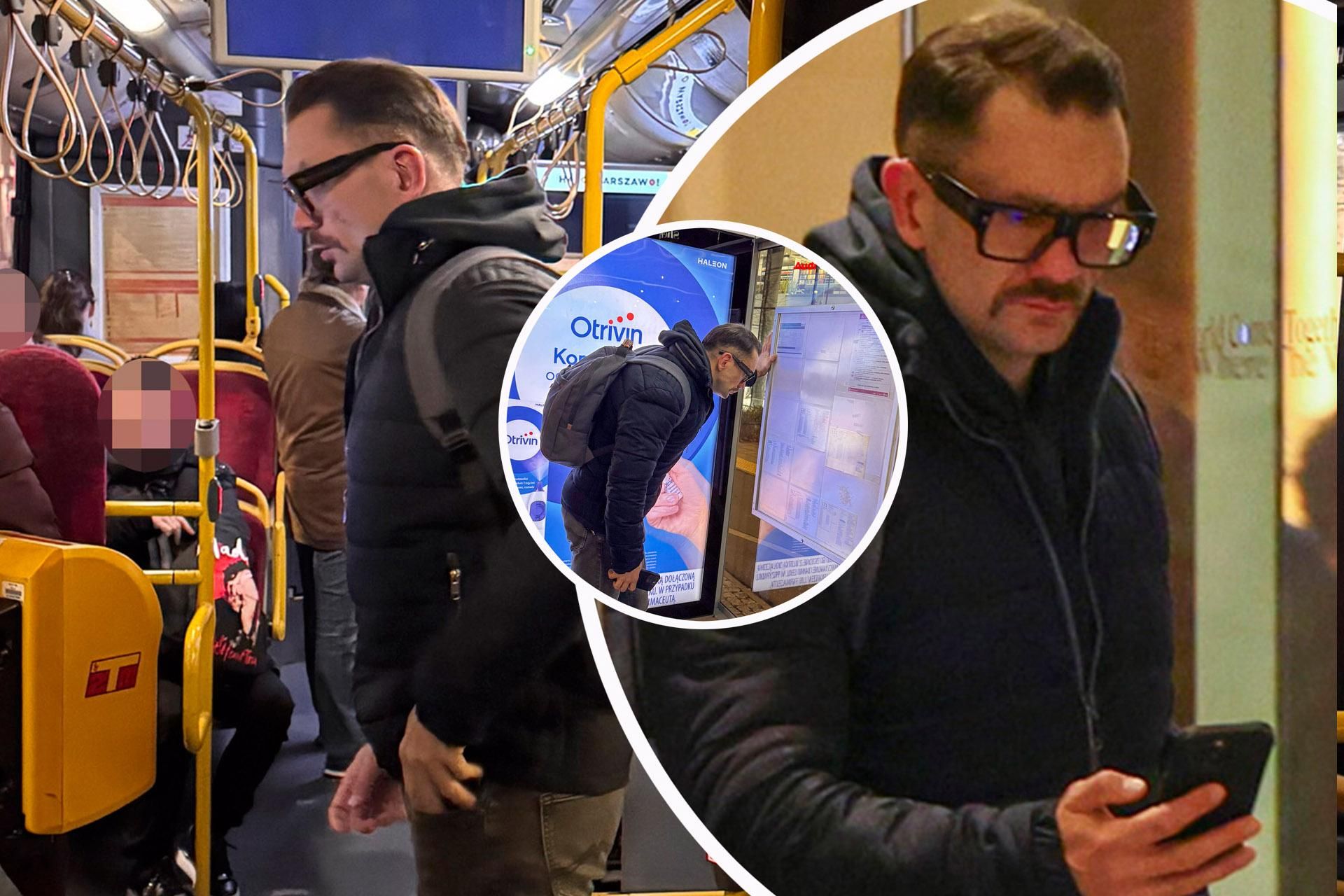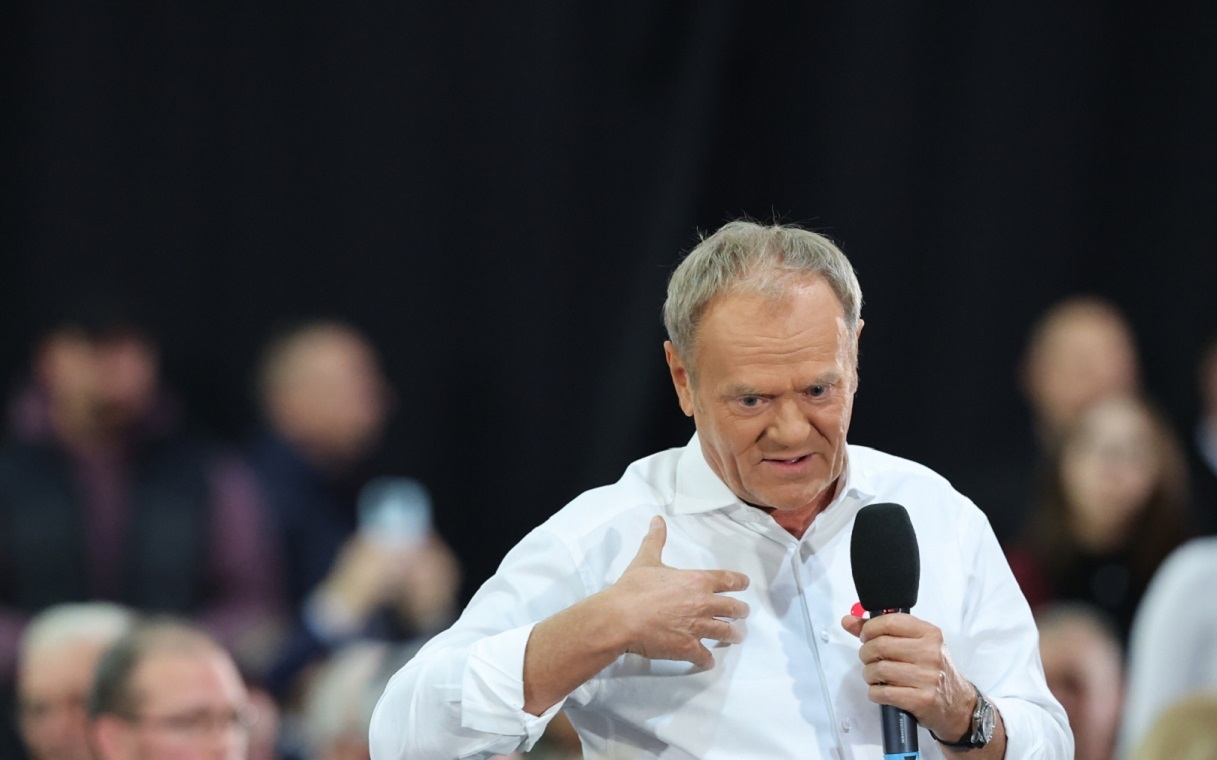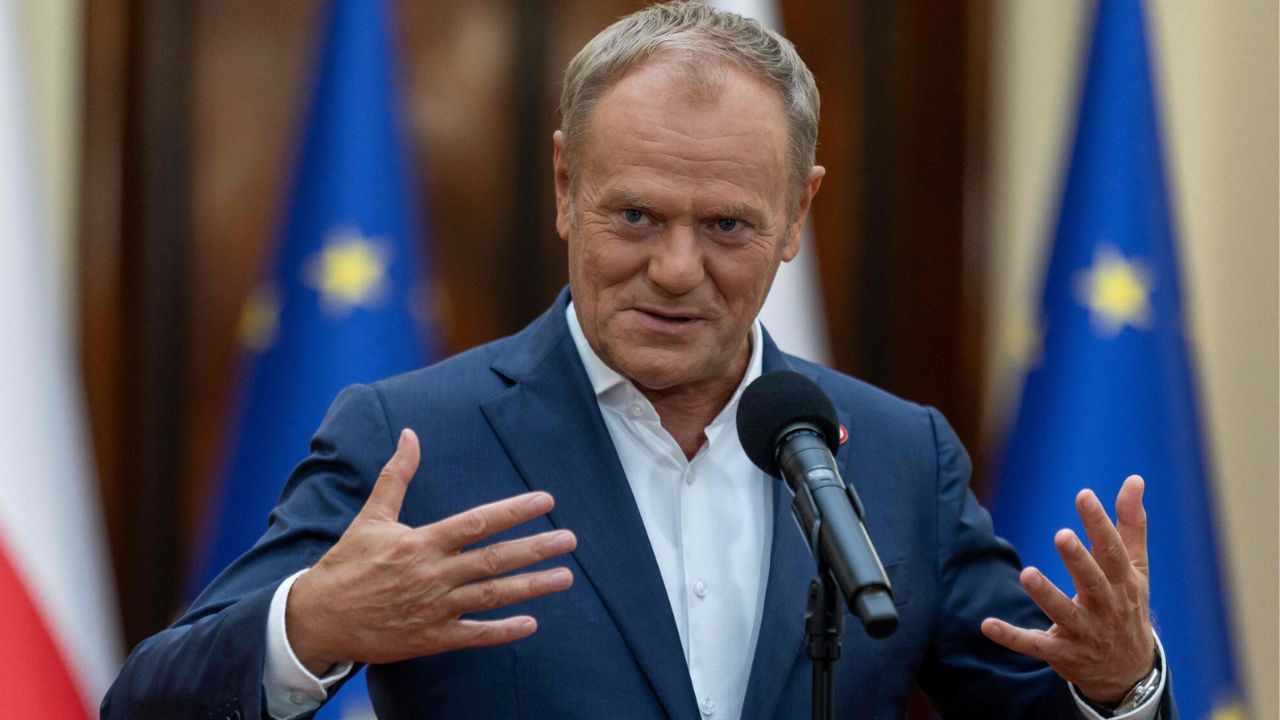Adam Chajewski
III. THE POLSKO-LITHUANIA TREATY AND POLSKA RIGHTS
W Polish-Lithuanian Treaty a list of the rights of national minorities guaranteed by both parties is provided. Indeed, it was the rights of the majority of Poland in Vilnius. The rights of a fewer Lithuanian number in Poland – comparable to a Polish number in Kowonszczyń – are respected by the Polish authorities.
Sam Treaty contains a broad list of rights guaranteed to minorities. However, this is not a satisfactory list. [12] For example:
- the right to higher education in Polish;
- absolute right to restitution of codified land (in the village) and confiscated properties (in the cities).
- electoral rights, in peculiar not to apply the threshold for number organisations in proportional elections and not to harm the number by constituency (gerrymandering) in single-mandate elections.
One should be aware that limiting the rights of Poles they took during the period Perestroikas, started before the restitution of Lithuanian independency (Act of 16 March 1990). It grew dramatically during the alleged night period Landsbergist, [I] i.e. after the dissolution of Polish local governments (the Vilnius and Soloncznica district) and implementation of administrative management. It was then, under the cover of decollection of practically Polish land, that the processes of her outright robbery were launched in the procedure of the alleged land transfer. [J] It was then that all kinds of harassment against Polish education were launched. At the time, tens of Poles took part. It was then that the electoral process for fresh local governments was carried out in a way where the electoral procedures of Alexander Lukashenko are the summit of democracy.
It should besides be noted that all these discriminatory actions of the Lithuanian authorities were well known to Polish negotiators Treaty. However, they did not in any way affect the substantive content of it and the negotiation mode.
The Secret Additional Protocol DO THE REPUBLIC OF POLAND-LITHUANIA
After the Treaty was signed, and even before it was ratified, the Lithuanian authorities took action against the Polish minority. ‘May of that year (1994 – ACH) The parliament of Lithuania adopted a resolution whereby only political parties and organisations receive the right to participate in elections” [20] forcing Poles to establish a political party. However, before the 1996 parliamentary elections, the Lithuanian authorities introduced a 5 % electoral threshold, including for organisations of national minorities [21) which limited the Polish parliamentary representation to 2 Members for years.
At the same time, the robbery of Polish land continued, the usage of Polish language was hampered in public life, a run of hatred against Poles was conducted, Polish education was bullied. In fact, symbolically, on the eve of the 30th anniversary of the signing of the Polish-Lithuanian Treaty, on 25 April 2024, the Council of the Government of Trotsky District, despite the opposition of Lithuanian Poles, decided, in the consequence of which “Longin Komołowski advanced School is scheduled to be demoted to primary school level and will become a subsidiary of Henryk Sienkiewicz advanced School in Landwarów about 20 km away.. [22] It is worth seeing that “a period ago, a akin destiny was met by Andrzej Stelmachowski Primary School in Stary Trokach.’
RECALLING: On the rights of Poles in Lithuania Treaty between the Republic of Poland and the Republic of Lithuania on friendly relations and good neighbourly cooperation It turned out, if not dead conceived, it was dead born.
But that's a different story. Let the ending, and at the same time a summary of this one, be the grim gag which was told by Lithuanian Poles in late 1994 or early 1995:
All signs in heaven and earth indicate that on 26 April 1994, in addition to the Polish-Lithuanian Treaty, Poland signed Secret Additional Protocolin which she undertook to ignore the guaranteed in Treaty rights of Poles.
ARRANGEMENTS:
Note: access to all online posts, including those in COMMENTS, 26.04.201224.
[20] awpl.lt portal, «History‘’http://www.awpl.lt/?page_id=37.
[21] Majewska Alicja, Majewski Henryk, “The process of forming the political subjectivity of the Polish community in Lithuania‘’ https://www.biblioteka cyfrowa.pl/Content/46506/PDF/17_Malewska_Malewski.pdf.
[22] portal l24.lt, «Another Polish school in the Trotsky region is to be reorganised” 25.04.2924.; https://l24.lt/en/politics/item/403694-rada-troki.
COMMENTS:
[I] the concept I have advocated relating to the period of repression which Poles in Vilnius were subjected to under cover of global designation of the Lithuanian State. It refers, on the 1 hand, to the persecution which Poles were subjected to after the fall of the November Uprising under the regulation of politician of the Kingdom of Ivan Paskiewicz, on the another hand to the name of the moderator of anti-Polish actions first of Sajūdis, and then the independent Republic of Lithuania – Vytautas Landsbergis.
[J) a procedure that means that a citizen (in practice only of Lithuanian nationality) who has the right to land, e.g. in Żmuda or Suwałczyń, can replace and recover the land somewhere close Vilnius, most frequently at the expense of a Pole. On this occasion, in addition to the criminal procedure itself, there were unimaginable abuses. Here are 2 examples. In this way 1,5 ha of land (with an authoritative value of 3.072 litres, an actual 80,000 litres) transferred under Vilnius herak Gražina Landsbergienė, [1 – p. 266] not by accident wife of Vytautas. In this way Jule Petrauskinė, manager of the Department of the National Agricultural Service at the Ministry of Agriculture, actually "responsible for supervising the methodology of returning land to erstwhile owners“ She moved the land of eleven of her descendants—four children and 7 grandchildren. [1 – p. 287].
[1] boy of a Zbigniew, “Polish number in Vilnius. Sociological Study” Wydawnictwo Uniwersytet Wrocławskiego, Wrocław 2005.
ARRANGEMENTS:
Note: access to all online posts, including those in COMMENTS, 26.04.201224.
[20] awpl.lt portal, «History‘’http://www.awpl.lt/?page_id=37.
[21] Majewska Alicja, Majewski Henryk, “The process of forming the political subjectivity of the Polish community in Lithuania‘’ https://www.biblioteka cyfrowa.pl/Content/46506/PDF/17_Malewska_Malewski.pdf.
[22] portal l24.lt, «Another Polish school in the Trotsky region is to be reorganised” 25.04.2024.; https://l24.lt/en/politics/item/403694-rada-troki.

